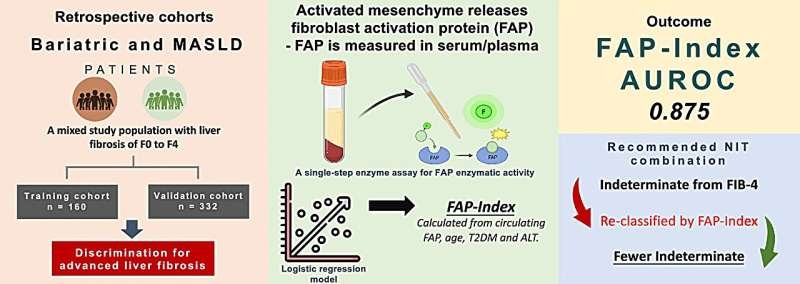Blood Biomarker Identifies Smoker's Risk of Atherosclerosis
By LabMedica International staff writers
Posted on 03 Nov 2011
A blood test for an alveolar protein may serve as a marker of the vascular effects of smoking and would thus be associated with subclinical measures of atherosclerosis.Posted on 03 Nov 2011
Pulmonary surfactant protein B (SP-B) is the alveolar protein and is normally detectable at only very low concentrations in blood, but circulates at higher levels among smokers and those with alveolar injury and inflammation.
At the University of Texas Southwestern Medical Center (Dallas, TX, USA) scientists determined the amount of circulating SP-B, a protein found in damaged lung cells, in more than 3,200 participants aged 30 to 65. They used a proprietary sandwich platform with minimum and maximum detection limits of 1 and 950 ng/mL, respectively. Other analytes such as tumor necrosis factor-α1 receptor (TNFR1A), myeloperoxidase (MPO), and matrix metalloproteinase-9 were measured on a similar platform.
Median SP-B levels were five-fold higher among current versus those who had never smoked and were significantly correlated with estimated pack-years smoked. Increasing levels of SP-B also associated with other traditional cardiac risk factors and higher levels of inflammatory biomarkers. An interaction was observed between SP-B, smoking status, and abdominal aortic plaque (AP) such that elevated SP-B levels were associated with AP in current smokers but not in former or non-smokers.
The SP-B assay was provided by Alere Inc (San Diego, CA, USA) is still being evaluated and is not available for commercial use. The authors concluded that circulating levels of SP-B increase with greater smoking burden and independently associate with abdominal AP among current smokers. The findings support further investigation of the role of SP-B as a marker of the vascular effects of smoking. The next step is to investigate whether SP-B causes atherosclerosis or is simply a marker of the disease, and to determine whether decreasing levels of SP-B will improve heart disease outcomes.
The study was published in October 2011, in the journal Arteriosclerosis, Thrombosis, and Vascular Biology.
Related Links:
University of Texas Southwestern Medical Center
Alere Inc.














